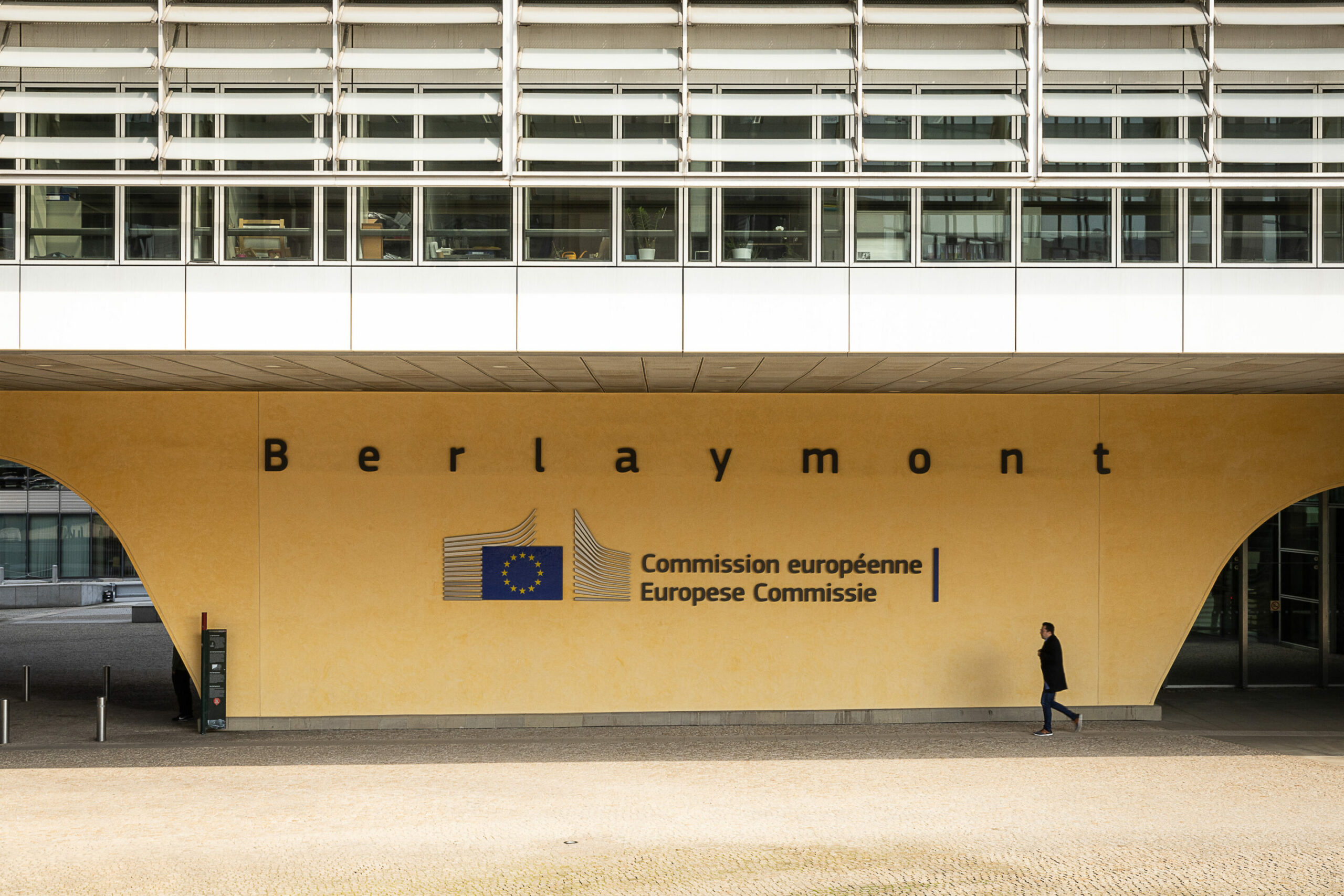As it awaits an agreement for a new Federal Government, Belgium has asked for a deadline extension from the European Commission to submit its budget plans as part of an EU excessive deficit procedure (EDP).
Following the country's late European Commissioner nomination, Belgium has now also delayed presenting its 2025 budget plans, which were due next week, with both key decisions hampered by ongoing government negotiations.
"We have already informed the European Commission that Belgium will, very shortly, be formally requesting an extension," explained the outgoing Secretary of State for the Budget, Alexia Bertrand (Open VLD) to Le Soir.
Belgium will soon be formally requesting an extension from the European Commission in an official letter, with Bertrand having already consulted the lead negotiator for the next Belgian government – N-VA formator Bart De Wever – regarding a new deadline, a spokesperson from the State Secretary's office confirmed to The Brussels Times on Tuesday.
Slim chances
As part of the excessive deficit procedure which was launched back in July, Belgian officials were due to submit the country's budget plans by 20 September.
Yet amid stalling negotiations for the next Federal Government – with key disagreements on De Wever's budget proposals – the chances of reaching a joint government and budgetary agreement in less than 10 days were thin.
However, it is not the only country needing more time. Belgium’s announcement follows France (also without a government) who asked for an extension on Sunday.
Six countries are currently under fire from the European Commission for having excessive deficits, including Hungary, Italy, Malta, Poland, Romania and Slovakia, with formal procedures (EDP) all launched against them.

European Commission President Ursula Von der Leyen and Prime Minister Alexander De Croo at the launch of Belgian Presidency of the Council of the EU, Friday 05 January 2024, in Brussels. Credit: Belga / Nicolas Maeterlinck
Many experts have expressed concern over Belgium's finances – including the King. The country's deficit for 2025 is estimated at €29.4 billion, mainly due to increased spending on the military and pensions.
The general government deficit is expected to reach 4.6% of GDP in 2024, after having reached 4.4% in 2023. The EU dictates that deficits must not exceed 3% of GDP, and any country which exceeds the threshold will be subject to an excessive deficit procedure (EDP).
Similarly, proceedings can be launched over high general government debt. In Belgium, it stood at 105.2% of GDP, when under EU criteria it should not surpass 60%.
The Commission has presented the countries under EDP with a "benchmark trajectory" to guide them in preparing their plans. If they align with the EU's priorities, the period by which their level of debt must have regained "a sustainable downward trajectory" can be extended to 7 years from 4.
When will Belgium submit the plans?
The next deadline is expected to be 17 October, however this is yet to be confirmed. While State Secretary Bertrand consulted the Federal Government formator Bart De Wever, the N-VA leader indicated to Flemish TV that the latest could be November – although this may be too late for the European Commission.
With the Federal Government negotiations currently stalled on budgetary issues, Belgium will need to move mountains over the next few months to find important political agreements. EU regulations allow for a deadline extension "within a reasonable period" – but this will need to be agreed on by both parties.
"We remain engaged in a close technical dialogue with Belgium with the objective of ensuring that the plans comply with all the requirements," a European Commission spokesperson told The Brussels Times. "We strongly encourage all Member States to submit medium-term plans as quickly as possible."

Headquarters of the European Commission, the executive branch of the European Union (EU), Tuesday 18 April 2023. Credit: Belga / James Arthur Gekiere
Moreover, various party sources have indicated that it seems unlikely that there will be a Federal Government agreement before the 13 October municipal elections.
De Wever wants a final political agreement in place by November at the latest. That same month, the Commission will issue recommendations as part of the EDP, with Belgium then having a further six months to implement them.
On Sunday evening the N-VA leader suggested that the Commission would be willing to wait until then. He had also been aiming to set up a new Federal Government by 20 September, but talks collapsed in August over his socio-economic proposals.
For the Flemish nationalist and federal formator, the budget must be approved by Parliament before the end of the year, and a political agreement in November will be the ultimate deadline. "If we miss this deadline, we lose six months for the budgetary reforms we need to carry out," De Wever said to ATV.

